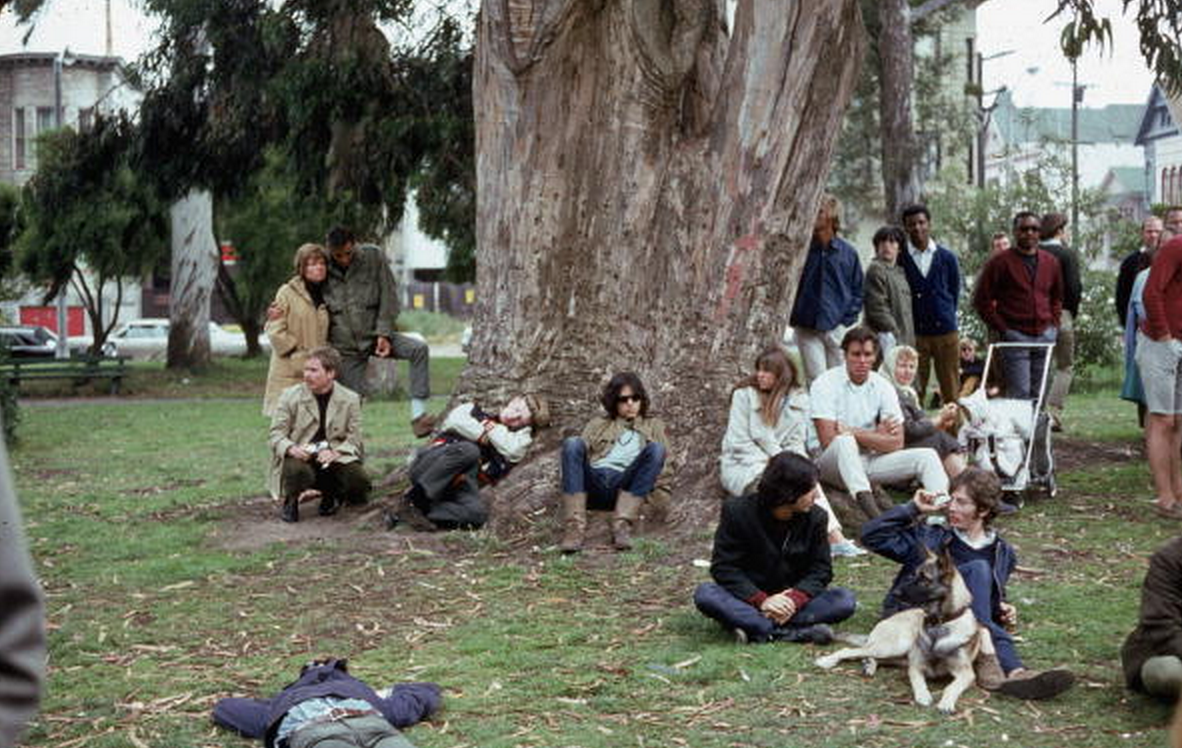Listen to this episode on Apple Podcasts.
After wearing out his welcome at Dennis Wilson’s house, Manson moves his family to Spahn Ranch, a dilapidated Western movie set where the cult starts preparing for Helter Skelter, Manson's made-up apocalypse inspired by The Beatles. There, Manson becomes aligned with the Straight Satans motorcycle gang, and finds a new antagonist in ranch hand-turned-stuntman Shorty Shea.
Show Notes:
The base list of sources for this series can be found here.
Gary Kent's stories about Spahn Ranch come from his memoir Shadows and Light: Journeys with Outlaws in Revolutionary Hollywood. This is a book that I only became aware of when researching this series, and I'd recommend it to anyone interested in the genre films of the 60s.
Catherine Share's stories of her life as Manson family member "Gypsy" come from aLos Angeles Magazine "oral history" of the Manson murders, published in 2009.
Gay Talese wrote a typically excellent story about George Spahn and his ranch for Esquire in 1970. Curbed published an also very good longform piece about the history of the ranch last year.
And, the story of Windy Bucklee comes from an interview conducted with her published in 2013 on The Manson Family blog in two parts.
I've been getting a lot of emails about music in the episodes (ie: which song is playing at which specific point in a given episode), so I'm going to try something new with the discography (see below). If you totally hate it, let me know, but if I can manage to do the extra work every week I think it will be useful.
While I'm on the subject, a note on email: I read everything I get, and try to respond to anything that has an active question in it, as long as the question isn't hostile or insulting. Sometimes it takes me awhile. I'm trying to get better. But, you will probably receive a faster (albeit briefer) answer if you contact me on Twitter @RememberThisPod -- and this would be an especially good way to get in touch if you have a question that other people might want to know the answer to.
Episode breakdown:
Intro: "Album Tag Song" by Dennis Wilson, Royalty free "Modern Rock Heavy" guitar riff
Gary Kent's story about meeting Tex Watson and Patricia Krenwinkle on Spahn Ranch: "Blues Guitar Jam" royalty free loop
Spahn Ranch's silent film origins: "Piano Sonata in C minor" (royalty free)
Manson Family moving onto Spahn Ranch: royalty free "clean strumming guitar" loop
Manson Family rituals on Spahn Ranch: "Roads that burned our boots" by Jahzzar
Catherine Share's first night at Spahn Ranch: "Psychedelic Guitars Movie Soundscape" royalty free loop
Spahn Ranch ranch hands Juan Flynn, Shorty Shea and Steve Grogan: "Last Dance" by Jahzzar
Juan Flynn's confrontation with Charlie: "Atmosphere Movie Guitar Transition" royalty free loop
Shorty Shea's campaign against Manson, the family's nomadic life, The Yellow Submarine house and Manson's beating of Windy Bucklee: "I'm Not Dreaming (Instrumental version)" by Josh Woodward
Manson goes all in on Spahn Ranch as base for Helter Skelter: "Dramatic Metal Guitar" royalty free loop
The White Album writing process: "Ob-la-di, Ob-la-da" by The Beatles
Manson's nutty, narcissistic, racist interpretation of The White Album: "Meditation, Re-energize, Beatles vibe" royalty free track (Yes, this is its actual title.); "Sexy Sadie"; "Piggies"; "Rocky Raccoon"; "Happiness is a Warm Gun"; "Revolution 1"; "Honey Pie"; "Helter Skelter"; all by The Beatles.
Manson's attempts to contact The Beatles: "Deep End Echo Piano" GarageBand loop
Manson's racist interpretation of "Helter Skelter": "Dark Melodic Metal Guitar" royalty free loop
Why the Family believed Charlie's Helter Skelter theories: "Magical Space Sound Effects" royalty free loop
Preparing for Helter Skelter: "Horror Sfx Falling Down Down Down" royalty free loop
Charlie tries to pimp out the girls: "Au coin de la rue" by Marco Raaphorst
The Straight Satans and drug deals: "Key of A (Slow Heavy Metal)" royalty free loop
Signs Charlie was becoming a bad guy, Tex Watson's defection and Paul Watkins choking: "I Need to Start Writing Things Down" by Chris Zabriskie
"Death is Charlie's trip" and Charlie pulls a gun on Gregg Jakobson: "The Sun Highlights the Lack in Each" by Palace (Will Oldham)
End credits: "Pop Rock Guitar Rhythm Loop 3" royalty free loop
Outro: "The Sun Highlights the Lack in Each"




